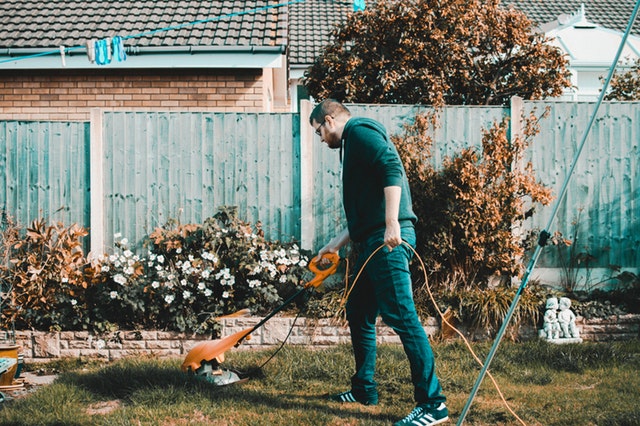As parents, our goal is to prepare our children for adult life, independence, and successful living. A key component of this is ensuring they have the best understanding of personal finance as possible. However, this can be a daunting task, especially if we, as parents, may not be modeling the best behaviors when it comes to our wallets. Here are some helpful ways to set an example and educate your children on the importance of understanding their finances.
Examine Your Own Relationship with Money through the Eyes of Your Children
 As we know, children mirror us, watching everything we do and imitating both our best and worst behaviors. Extensive research done on this topic shows that kids copy us all on their own, and that these behaviors become part of their personalities. This extends to watching parents and caregivers navigate their relationships with money. Think about how you act when you take your kids shopping.
As we know, children mirror us, watching everything we do and imitating both our best and worst behaviors. Extensive research done on this topic shows that kids copy us all on their own, and that these behaviors become part of their personalities. This extends to watching parents and caregivers navigate their relationships with money. Think about how you act when you take your kids shopping.
- Do you make expensive purchases to relieve stress? If so, your kids will likely follow suit, creating a pattern early on of emotional spending.
- Do










